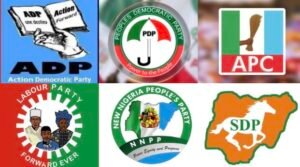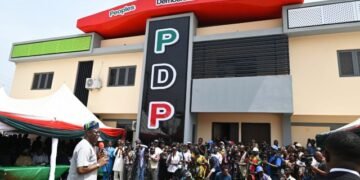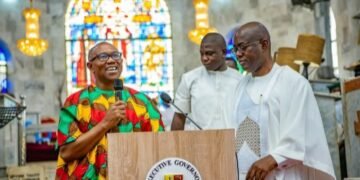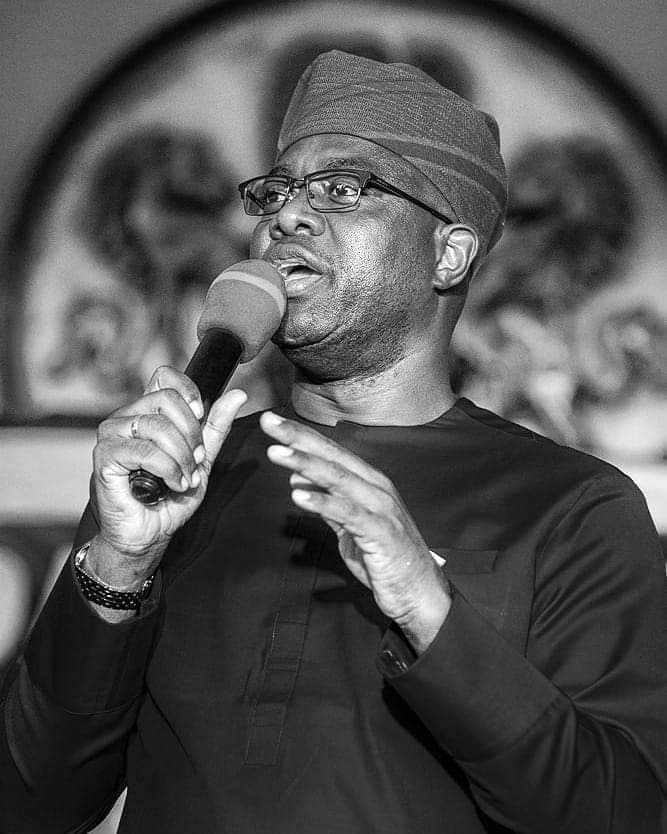Political defections have continue to shape democracy in Nigeria—often for the worse. With no strong ideologies, many politicians switch parties for survival, power, or personal gain.

In a system where loyalty is fluid and ambition rules, defections undermine trust, voter choice, and policy consistency, what is the history, causes, and consequences of defections in Nigeria’s political space? Is it time for reform?
In Nigeria’s turbulent political history, defections—commonly referred to as “cross-carpeting“—have become an entrenched feature of the democratic experience. From the First Republic to the present Fourth Republic, the political landscape has often been defined not by ideological commitment, but by shifting allegiances, power struggles, and strategic recalibrations.
Origin Of Defection:
First Republic
Defections in Nigeria can be traced back to the First Republic. A notable instance occurred in 1951 when members of the NCNC, led by Dr. Nnamdi Azikiwe, were expected to form the government of the Western Region. However, some NCNC members defected to the Action Group (AG), allowing Chief Obafemi Awolowo to form the government. To many people, this early case of political defection set the tone for future maneuverings and has been described by some historians as the “first betrayal” of Nigeria’s nascent democratic ideals.
However, it was clarified that there was no defection in by any member of the NCNC to the AG in 1951.
Former Ambassador of Nigeria to the Philippines, Dr Yemi Farounbi, made the clarification. He stated: “What happened was that five members elected on platform of the Ibadan People’s Party, led by A.M.A. Akinloyè, opted to support AG, while the remaining two, led by Adegoke Adelabu, opted to support NCNC just like the only candidate elected on the platform of Edo Edo opted to support NCNC.
“F. Awosika, elected independent from Ondo and D.S. Adegbenro, from Abeokuta, opted to support AG.”
The First Republic also witnessed constant shifts among parties like the Northern People’s Congress (NPC), the National Council of Nigerian Citizens (NCNC), and the Action Group (AG), often motivated by ethnic and regional interests, rather than ideology.
Second Republic: Politics Without Ideology
With the return to civilian rule in 1979, the National Party of Nigeria (NPN), Unity Party of Nigeria (UPN), and others entered the fray. Defections became more pronounced as the NPN sought to dominate the political terrain by enticing members of rival parties through promises of patronage. The idea of a party being a vehicle for national interest, rather than personal gain, became further diluted during this era.
A major defection occurred in 1981 when former Governor of Kaduna State, the late Alhaji Balarabe Musa, was impeached after losing the support of a coalition government. Such instances underlined the fragile nature of party loyalty and the primacy of personal and ethnic interests over political ideology.
The Short Lived, Fragile Third Republic
The short-lived Third Republic, designed under the military-guided transition of self-styled President Ibrahim Babangida, allowed only two parties—the Social Democratic Party (SDP) and National Republican Convention (NRC). Though defection was minimal due to this structure, internal party crises and military interference meant that political consistency was still lacking. The annulment of the June 12, 1993 presidential election put an abrupt end to the experiment.
Fourth Republic: Institutionalising Defections
With the return to democracy in 1999, Nigeria entered its longest democratic stretch. However, this period has witnessed an unprecedented wave of defections, especially between the then ruling Peoples Democratic Party (PDP) and the All Progressives Congress (APC), formed in 2013 as a merger of several opposition parties.
Key Moments Of Defections
Towards the tale end of the tenure of President Olusegun Obasanjo, between 2006 and 2007, defections became rampant as politicians sought favourable platforms ahead of elections.
Five PDP governors, in 2013, defected to the newly-formed All Progressives Congress (APC), which eventually unseated the PDP in 2015.
In a reversal, several APC lawmakers and governors returned to the PDP in 2018 amid internal crisis in the ruling party.
Leading up to the 2023 general election, defections occurred across all levels, with politicians often switching allegiance based on zoning arrangements, internal party democracy, and personal ambition.
What is currently happening in the political circle has made a mincemeat of defections in Nigeria’s political past. Nigerians are beginning to witness defections of politicians, on a grander scale, especially from the APC, PDP and the SDP. This is a former governor of Kano State, Alhaji Abdullahi Ganduje, recently declared that many more prominent politicians would be defecting into the APC in days ahead.
Drivers Of Defections
Several factors fuel defections in Nigeria. These included:
Lack of ideological base: Most political parties in Nigeria lack clear ideological distinctions, making it easy for politicians to switch sides without cognitive dissonance.
Political survival and opportunism: Politicians often defect to align with the ruling party for access to state resources or protection.
Internal party democracy: Defections spike during primary elections when candidates feel shortchanged or unfairly treated.
Godfatherism and factionalism: Power tussles within parties lead to splinters and realignments.
Judicial laxity: Despite constitutional provisions, courts have been inconsistent in penalising errant defectors, especially lawmakers who switch parties mid-term.
Legal And Constitutional Concerns
The Nigerian 1999 Constitution (as amended) attempts to curtail defections, especially among legislators. Section 68(1)(g) stipulates that a lawmaker must vacate his/her seat if he/she defects without a division in the party on which he/she was elected. However, the interpretation of what constitutes a division has been widely contested, leading to legal loopholes and selective enforcement.
Implications For Nigeria’s Democracy
Defections, while legal in a democracy, undermine several democratic tenets in the Nigerian context. These included (but are not limited to):
Voter disenfranchisement: Voters who elect representatives based on party platforms often feel betrayed.
Policy inconsistency: Frequent defections lead to disruption in policy continuity.
Weakened institutions: Focus shifts from strengthening party structures to political brinkmanship.
Erosion of public trust: Citizens view politicians as self-serving, eroding trust in democratic institutions.
Entrenching A Culture Of Political Fidelity
To curb excessive defections, several reforms can be considered, including:
Strengthening internal democracy: Transparent primaries and conflict resolution mechanisms will reduce grievances.
Constitutional amendments: Clearer provisions with stricter penalties for defectors may act as deterrents.
Civic education: Enlightening the electorate on the value of ideology-based politics can gradually shift the culture.
Independent political financing: Reducing dependence on the executive for campaign funds can empower politicians to stick to their convictions.
Conclusion
Defections are symptomatic of a deeper malaise in Nigeria’s political system: the absence of ideology, weak institutions, and the dominance of political expediency.
While not inherently undemocratic, the current practice of defections in Nigeria undermines accountability and the spirit of representative governance. As the country struggles for democratic maturity, a new political culture—anchored on values, ideas, and service—must emerge if Nigeria is to realise the full potential of its democracy.






























